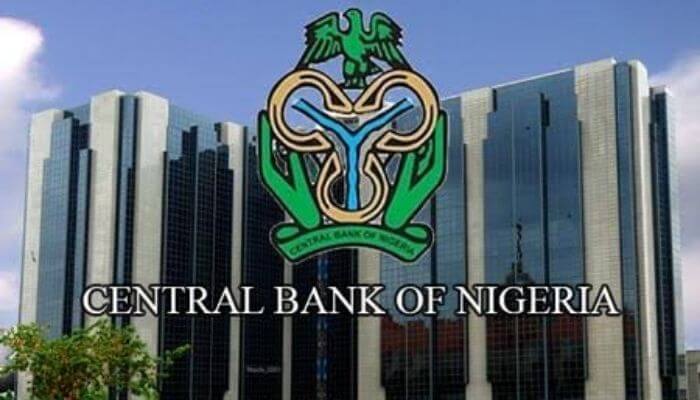The official foreign currency market has received $41 million from the Central Bank of Nigeria (CBN), which has helped to stabilize the value of the naira at roughly ₦1,549 per dollar as of Thursday. Earlier in the week, business demand for dollars increased, and the move was intended to relieve pressure on the currency.
Authorized dealers were paying between ₦1,546.15 and ₦1,550 per dollar for the foreign currency. Sales for the CBN in July have been lower than the $580 million in total interventions in May. But even with the most recent boost, Nigeria’s external reserves have fallen below $38 billion, underscoring the country’s continuous capital flight.
Concerns about a wider Middle East conflict have been stoked by rising tensions between Iran and Israel, which has caused oil prices to rise by almost 3% globally. The U.S. West Texas Intermediate (WTI) increased by $2.06 (2.7%) to close at $77.20 a barrel, while Brent oil gained $2.15 (2.8%) to close at $78.85 per barrel. Unless tensions continue, analysts said, the price surge would not last long.
Read Also: 2027 Polls: Analyst Says Tinubu May Opt for North Central Christian Running Mate
There was no movement in gold prices in the meantime as traders weighed geopolitical worries against the expectation that the US Federal Reserve will maintain its strict monetary policies. Whereas U.S. gold futures fell 0.7% to $3,382.80, spot gold fell 0.1% to $3,365.79….
Nigeria’s economic picture remains shaped by the mix of foreign exchange interventions and rising global commodity prices, as investors keep an eye on domestic and international developments.



